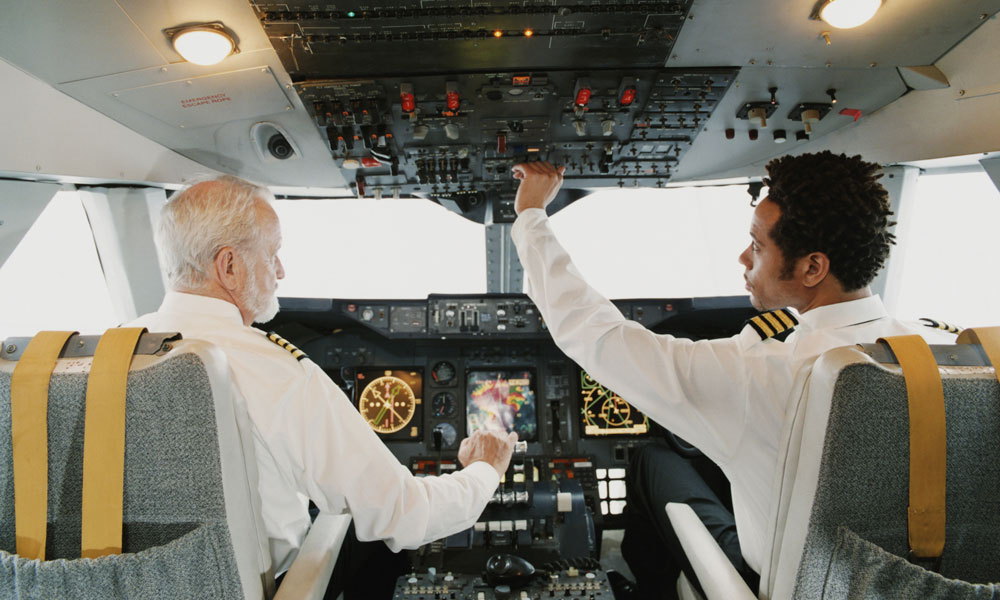
Small Carriers Feel the Pinch From Pilot Shortages
Pilot fatigue rules have pushed larger airlines to increase hiring to maintain their schedules, but smaller carriers have felt the pain—in some cases, stopping service. But an airline union says there are plenty of pilots willing to fly—if the pay's right.
New rules to prevent pilot fatigue aren’t just causing problems for well-known names like JetBlue.
In fact, the issue seems more pronounced for some smaller players. Recent reports show that a number of smaller carriers, such as Republic Airways and Great Lakes Airlines, have had to stop service at some airports because they aren’t fully staffed. More details:
Where the airlines are coming from: Sure, a lot of people are flying from Atlanta. The demand is far lower out of cities like Ironwood, Michigan. But when Great Lakes Airlines dropped its service at the Gogebic-Iron County Airport last month, it left would-be passengers without a way to fly out. Republic Airways has cut back on much of its Midwest service as well. It’s a situation that could get worse before it gets better, Regional Airline Association President Roger Cohen told the Philadelphia Inquirier last month. “Flights are going to get grounded and canceled; airplanes are going to be parked,” he said. And with a sudden crunch on pilots at the national level due to new pilot fatigue rules, many regional pilots are moving to the majors, leading to problems for small communities that rely on regional carriers for air service. Cohen told The Buffalo News that the association’s members are struggling to find qualified pilots as a result. As Skift notes, many airlines have raised concerns in their annual reports about pilot shortages.
Is the pay the problem? The Air Line Pilots Association says the shutdowns are only part of the story. There are plenty of pilots who are currently furloughed or laid off from their jobs, according to ALPA. The problem, it contends, is that many regional airlines don’t pay their pilots much more than they’d make working a retail job. With starting wages around $21,000 per year, the small airlines offer pay significantly lower than with larger carriers. “There may be a shortage of qualified pilots who are willing to fly for U.S. airlines because of the industry’s recent history of instability, poor pay, and benefits,” ALPA President Lee Moak said in a statement. “But thousands of highly qualified and experienced U.S. airline pilots are either furloughed or working overseas and eager to return to U.S airline cockpits—under the right conditions.”
A vicious cycle: Bloomberg Businessweek notes that the economics of the regional airline industry have contributed to the pilot shortage. With regional contracts for flight schedules often going to the lowest-bidding airlines, there’s less wiggle room when it comes to salaries. And training deficiencies and fatigue among pilots for regional carriers came to light after the 2009 crash of Colgan Air Flight 3407. That crash, in turn, contributed to the push for the new pilot fatigue rules.
(Digital Vision/Thinkstock)






Comments